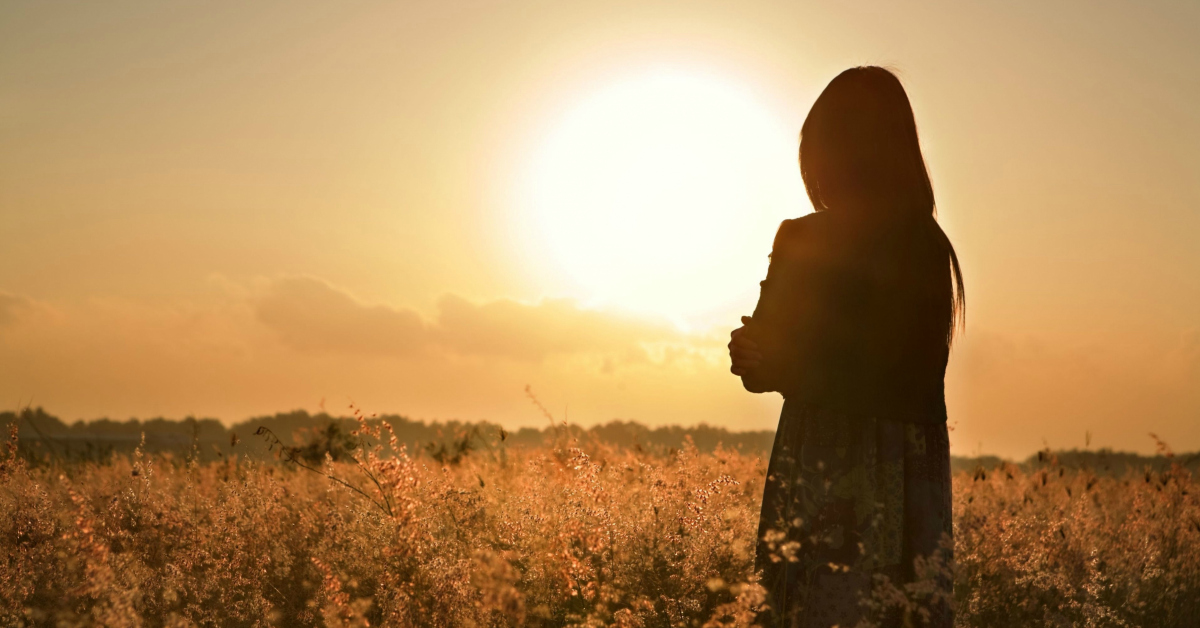There I was, suffering through another kung fu film. The things we do for love, right? I hadn’t been aware that marrying into another Filipino family included going along with an obsession of kung fu films (especially those which were dubbed over in English by cheesy actors), something the five brothers had shared since childhood.
At that time, I already had three children, and I mistakenly figured I was proud of my culture. I had grown up eating Filipino cuisine, being able to understand my parents and grandparents as they spoke in Tagalog (something many other Filipino-American children couldn’t do), and raising Filipino children of my own.
However, as I focused on the film, preferring subtitles to dubbed English, I began to discover there were cracks in the façade of Filipino pride I assumed I had. Fearless was the story of a Chinese martial artist who overcame many tragedies in his life and eventually went on to change the incorrect perception of the “weak men of the east” many countries in the western hemisphere held during the early twentieth century.
While I watched the actor Jet Li defeat men who appeared to be bigger and stronger, memories from my childhood began playing through my mind. Growing up in Detroit, Michigan, there was a shortage of other Filipino families, and most of the people of my culture I knew were related to me. It wasn’t until my teenage years that I met Filipino children my age.
Because of this, I automatically assumed that as an American girl, I rated low on scale of beauty simply because I lacked blond hair, blue eyes, and fair skin. I highly doubt my parents were aware of my insecurities regarding my appearance since they had both grown up in a country where family, work ethic, and education outranked the superficiality of physical appearance and were always positive in the way they related to me.
It was during that period of one hour and forty-five minutes that I finally discovered something that changed my life forever. Being a Filipina was actually something of which I could be proud. All those years I had missed out on not learning traditional Filipino folk dances and by living in a country different than that of my birth didn’t have to be a negative factor on who I was.
My children are fortunate that they were raised to be proud of their culture. They learned all of the dances, dressed in traditional Filipino formal wear on special occasions, and even spent three weeks in the Philippines, learning about the country from which their parents hailed.
The pride that I still hold as a Filipina must be one of my more distinctive traits, because a mere few weeks ago, I was pleasantly surprised when my Caucasian stepdaughter decided to bring a Filipino dish to her junior high school’s cultural appreciation day in addition to the German cookies she baked herself. I am very grateful that all of my children enjoy the diversity of cultures within our blended family and that they discovered pride in their heritage while they were still young.

Years of wishing
for lighter skin,
golden hair,
and eyes that
mirrored the sky
all melted away
when I realized
that there was
more to life
than one standard
of beauty or
happiness.
I found pride and
fulfillment in
who I was, in
the legacy of
my ancestors.
– Araceli M. Ream (January 19, 2016)




so proud of you A.M.Ream